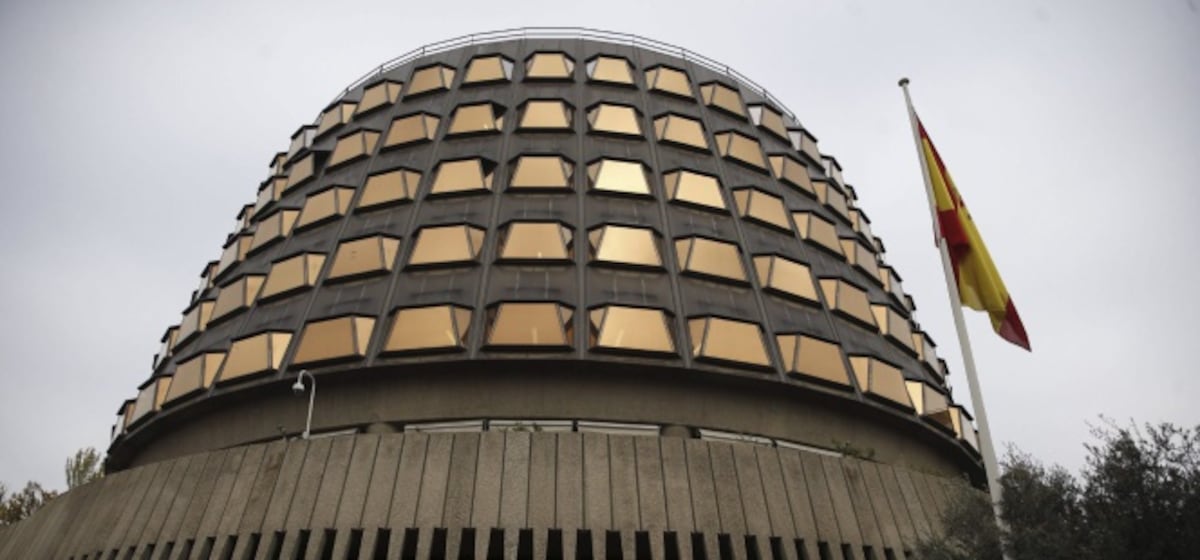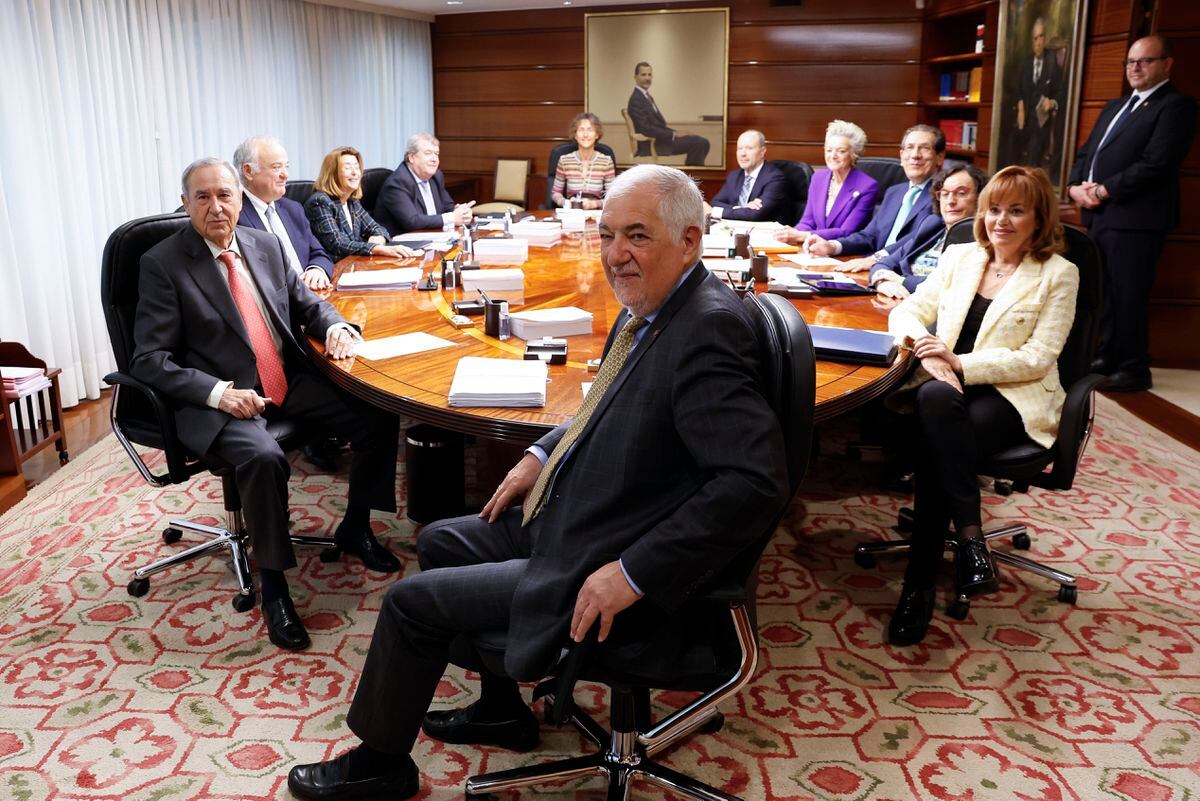The Constitutional Court has admitted for processing this Tuesday the appeal of unconstitutionality presented by Vox against the Law of Guarantee of Sexual Freedom, known as the
only yes is yes.
The challenge is based on the possible violation, among other constitutional rights and principles, of those related to the presumption of innocence, the prohibition of defenselessness and legal security, as understood by the ultra party.
All this derived from the way in which the concept of "consent" was regulated in the framework of the new crime of sexual assault.
The appeal is also admitted to study whether the principle of proportionality of penalties has been violated, by unifying what were previously two (abuse and sexual assault) into a single criminal type (sexual assault).
There is no specific deadline for the court to issue a sentence.
The admission of the resource to process supposes the appointment of a rapporteur - the matter has fallen to the magistrate Ramón Sáez, of the progressive sector - and the request for allegations to the parties.
Ramón Sáez is also the speaker for the PP and Vox appeals against the euthanasia law.
This draft resolution, which is already finished, will be studied by the court in its second plenary session in February, which will take place on the 21st. In the first plenary session of that month, the draft sentence on the abortion law will be studied, whose rapporteur It is Enrique Arnaldo, from the conservative sector.
In parallel, the Constitutional Court has admitted on Tuesday the abstentions of the magistrates Juan Carlos Campo and Laura Díez, both from the progressive sector, in relation to different matters that must be dealt with in the next plenary session.
Campo has abstained with respect to the decision made by the president of Congress, Meritxell Batet, not to allow the PP deputy Alberto Casero to rectify his vote in support of the labor reform, and he will not participate in the debate on the Vox appeal either against the
law of only yes is yes.
In the first case, the reason for Campo's voluntary abstention is that Batet is his sentimental partner;
In the case of the law on sexual freedom, the former minister abstains because he intervened from the Government in the process of preparing the bill.
Laura Díez's abstention refers to all the Constitutional deliberations on the two Catalan autonomous laws that were approved by the Government and the Parliament to avoid applying the minimum of 25% of subjects in Spanish in Catalan schools.
The PP and Ciudadanos filed an appeal against these two laws and a question of unconstitutionality was filed by the Superior Court of Justice of Catalonia.
The cause of Díez's abstention is that said magistrate was vice-president of the Consell de Garantíes Estatutàries of the Generalitat and in the corresponding opinions of this advisory body she ruled in favor of the constitutionality of the aforementioned regulations and the linguistic policy of the Generalitat in the educational field.
On the other hand, the Constitutional Court has appointed magistrate Ricardo Enríquez, from the conservative sector, as rapporteur for the challenges presented by Vox against the president of the court, Cándido Conde-Pumpido, and against magistrates Juan Carlos Campo, María Luisa Segoviano and Laura Díez , in this case to separate them from the sentence that is handed down on the reform of the Criminal Code consisting of the elimination of the crime of sedition and the downward modification of embezzlement.
Enríquez must now request allegations from the parties and will prepare a resolution proposal that will be studied by the court in one of its next plenary sessions.
Constitutional sources estimate that, in principle, these challenges have little chance of success.
The plenary session this Tuesday has also decided to admit three other unconstitutionality appeals for processing.
The first, presented by the Government, refers to various precepts of the Generalitat law to deal with the emergency in the field of housing.
The Executive alleged that it has been possible to violate the state competence in matters of procedural legislation.
The second was presented by the parliamentary group of Unidas Podemos-En Comú Podem-Galicia En Común and deputies from other groups against a decree law of the Junta de Andalucía on urban and metropolitan transport.
The rapporteur for this matter will be the president of the court, Cándido Conde-Pumpido.
The third appeal of unconstitutionality admitted for processing was presented by the Government against a decree law of the Aragonese Executive by which exceptional and urgent measures were adopted in public procurement in said autonomous community.
The court has agreed to the suspension of the impugned precepts, as requested by the Government and the Constitution itself provides that the Executive's request is sufficient to produce that effect from the date of filing the appeal.





/cloudfront-eu-central-1.images.arcpublishing.com/prisa/NYNKKIEXBFHFFG6GV65QVUUAL4.jpg)



